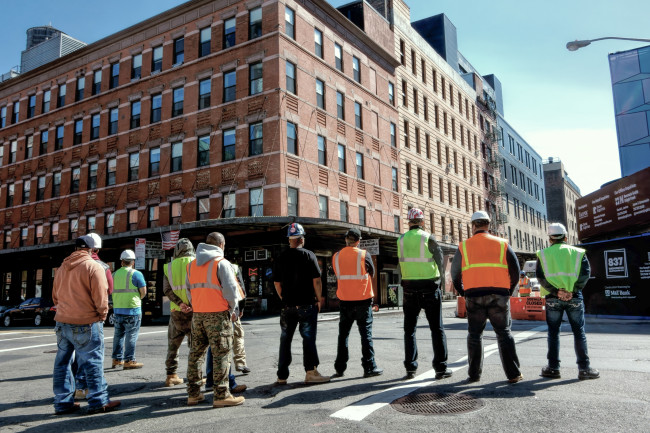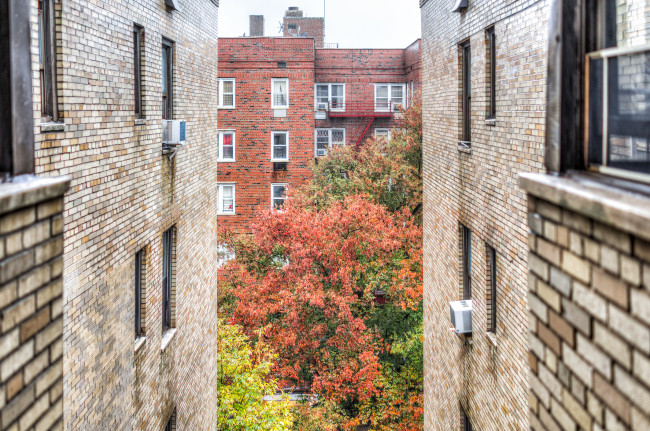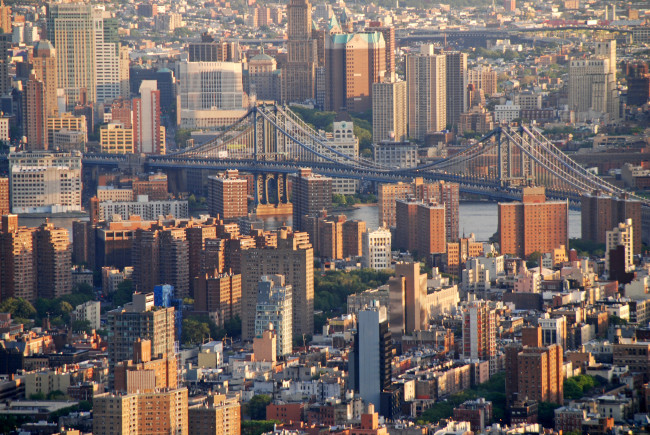I'm a rent-stabilized tenant and I got a MCI increase lowered by $159,000 for my building

A major capital improvement is an upgrade to a building that's supposed to benefit all tenants.
iStock
Julia Campanelli has lived in her rent-stabilized apartment on West 34th between Ninth and 10th avenues for 30 years. Some of her building’s 134 units are rent-controlled or market rate, but more than half are rent-stabilized like hers, so she and her neighbors have certain protections market-rate renters don't have, such as a cap on how much their rent can increase. Upgrades to individual apartments, and major capital improvements for the building, like a new boiler or new roof, can also increase a stabilized tenant's rent.
After her building’s most recent MCI increase went into effect in 2018, Campanelli decided to do some digging and discovered some of the work didn’t actually qualify as an MCI. She tells Brick Underground how she challenged the MCI increase—and ended up getting it slashed by more than $159,000, which her neighbors greatly appreciated.
Had you challenged an MCI increase before?
I’ve always been involved in tenant advocacy within my building, but this was the first time I challenged an MCI increase. It seemed like every few years we’d get one, and I wanted to investigate it. I’m not an attorney, I’m not an architect—I don’t have that background, so I had help from other tenants going through the documents, there were a lot of them, and it was our opinion that some charges should be disallowed.
Why did you decide to investigate this MCI increase?
This is the only way management can raise our rent effectively, and there is a cap on how much the rent can be charged before an apartment becomes destabilized, so they keep adding these MCI increases, and eventually some of the apartments are going to be destabilized because the rent will cap out. [As of January 2019, if the rent for a stabilized apartment goes above $2,774.76, the unit can cycle out of the rent stabilization system, and the landlord is allowed to ask a for market-rate rent.]
Editor's Note: Brick Underground's Inside Stories features first-person accounts of dramatic, real-life New York City real estate experiences. Have a story to share? Drop us an email. We respect all requests for anonymity.
How did you go about challenging the increase?
I requested through the Freedom of Information Act all the documents and received about 400 documents of all the work that was done and all the contractors’ schedules. Then I made an application to the Department of Housing and Community Renewal, which approves a landlord’s request for an MCI increase. I said I found things that were not major capital improvements, they were cosmetic improvements.
How long did the process take?
It took DHCR [about] two months to get us everything—and they charged us about 25 cents per page, so it was about $100 for around 400 pages. If we disagree with the MCI charges, we have 30 days to respond or challenge an increase, and I said we needed longer given the FOIA request and the amount of documents, and we did get an extension.
What were red flags for you?
I questioned everything. We have scaffolding that’s been up for two years, which we pay rent on, but the façade restoration that required it lasted for six months, and I concluded we were overcharged for 17 months. Management said they had to do repairs on the skylights in the stairwells, which also have windows on each floor, so the skylights really only affect people on the top floor, so it’s not an improvement that would benefit all of the tenants.
What happened after you contacted DHCR?
It was a very long process, but DHCR did decide in our favor. Our MCI increase went into effect on August 1, 2018, and was charged retroactively for 18 months. DHCR disallowed $159,000 of the MCI increase, so our increase, which is charged per room, got reduced from $29 to $13.66 per room. It was a big difference that the landlord had to absorb.
What did DHCR disallow?
They didn’t disallow everything that we requested, such as the façade restoration and some of the pointwork on the brick, but they did disallow the skylight improvement.
How did your neighbors react?
Considering over half are rent-stabilized, and I reduced everybody’s increase over $15, everyone was very thankful.
And how did management react?
I didn’t really hear from them directly about it, but I’ve always had repercussions because I’ve always been advocating longer than this for the building. Rent-stabilized tenants like myself do have a reduced type of service from management, which is aggressively trying to de-stabilize the building, so I’m used to that—and am well-versed on tenants’ rights. If anything goes wrong in my apartment, I can’t ever really get it fixed and have to go through DHCR, which is a very long process.
But after they disallowed some of the MCI charges, management adjusted them, but I noticed I was still being overcharged after the adjustment—and I’m still writing them saying that they’re overcharging me and other tenants as well. I’ve been going back and forth with one of their legal aides, and I’m being forced to file a rent overcharge with DHCR.
Will you challenge future MCI increases?
While DHCR didn’t disallow everything that we requested, they did disallow more than $150,000, which was phenomenal. So yes, from now on, I will challenge it.
What are your other advocacy efforts in your building?
Alerting everyone about what’s going on in the neighborhood—our building is in the shadow of Hudson Yards’ mismatched skyscrapers, and many rent-stabilized people are moving out because they just can’t take the noise. There are six active construction sites surrounding our block. It’s been four years, there’s been no oversight from our elected officials, and it’s completely out of hand. I’m now organizing a block association trying to fight this, and plans to put a residential building up on Dyer Avenue over the Lincoln Tunnel approach.
If you’re going to put anything here, it doesn’t need to be more residential units. What we need is a quiet place, grass, a park—and a reward for putting up with this because my block alone is looking at another four or five years of construction. We’re asking for weekends off so we can rebound, but work goes around the clock. This is a quality of life issue, a survival issue. It’s made our apartments unlivable at this point.
You Might Also Like



























